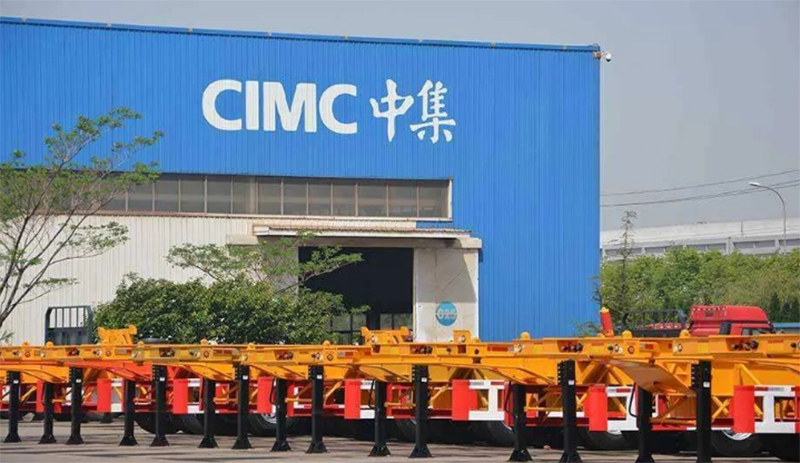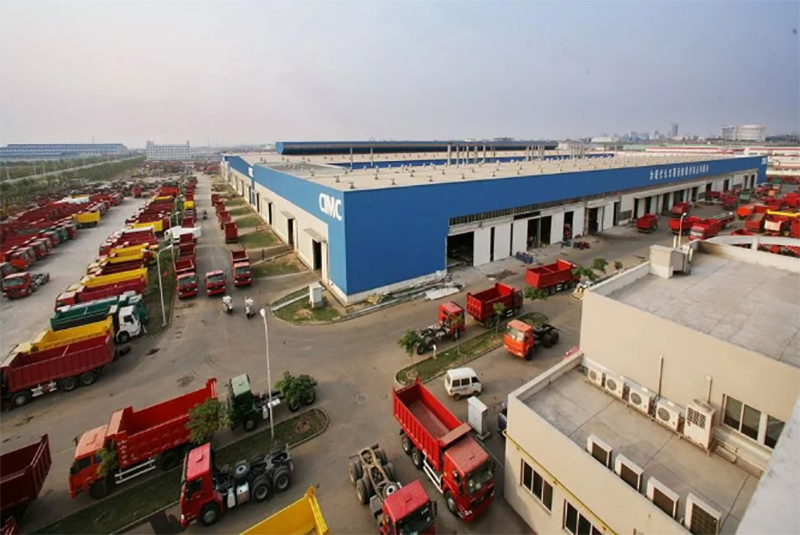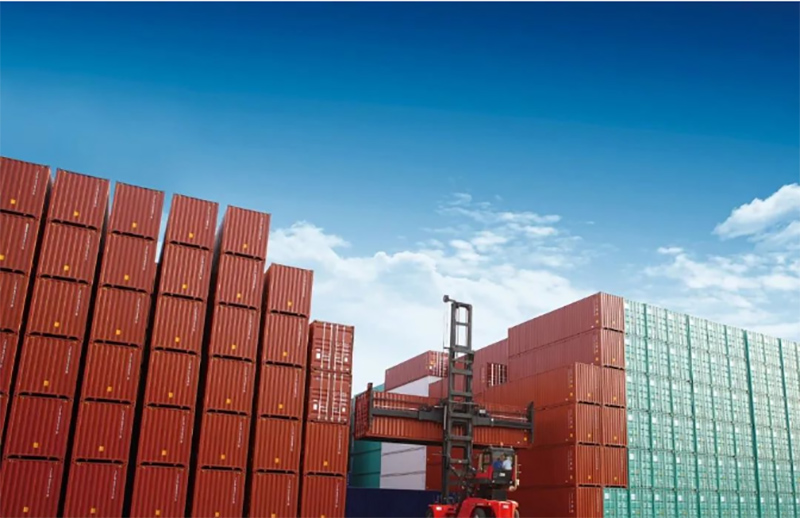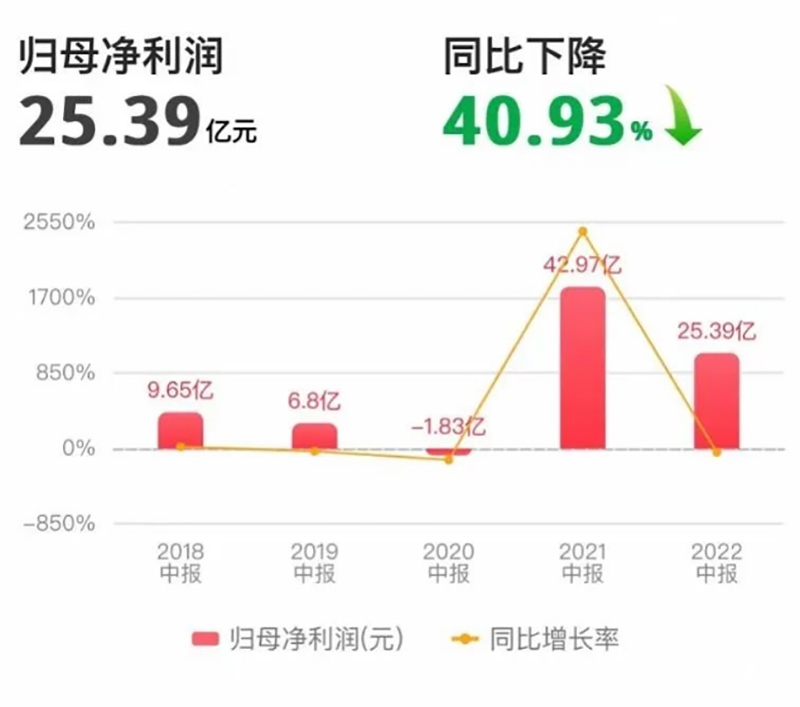Hits:Updated:2022-10-28 13:10:45【Print】

Recently, China International Shipping Container (Group) Co., Ltd. (hereinafter referred to as "CIMC") released a progress announcement on the termination of the purchase of Maersk container industry. Due to the failure of the acquisition, CIMC will pay a settlement fee of 85 million US dollars (about 615 million yuan).
Such a high "separation fee" has aroused widespread concern in the shipping circle and the investment circle.
Why did the acquisition fail?
As early as September 27, 2021, CIMC Group planned to spend US $1.084 billion (about RMB 7 billion) to purchase 100% of the equity of Maersk Container Industry (MCI) under A.P. Muller Maersk Group (APMM), which includes two entities, namely Maersk Industries of Denmark and Qingdao Maersk Container Industry Co., Ltd.
According to the public information, MCI was founded in 1991, headquartered in Denmark, and has been a part of APMM's business for more than 30 years. It focuses on cold box manufacturing and has mastered the core technology of marine refrigerators. Its Star Cool cold star refrigerators have obvious advantages in all aspects and are well known in the industry.
After the completion of the transaction, MCI will be included in the consolidated statements of CIMC Group and become its subsidiary. The 2300 employees of MCI will become employees of CIMC Group. The acquisition is expected to be completed in 2022 or earlier.

However, perhaps due to antitrust considerations, the regulatory authorities in Europe and the United States opposed the transaction, that is, the concentration review faced huge uncertainty, and the preconditions for the transaction agreed in the Equity Purchase Agreement could not be reached. On August 25, 2022, the two sides decided to terminate the transaction.
As for Maersk, according to the announcement on its official website, the two parties agreed to terminate the agreement because major regulatory challenges hindered the completion of the transaction.
RMB 600 million "break-up fee"
Although the transaction is terminated, the signed contract still needs to be settled. Now, the results of the negotiation are out, and both parties have reached a settlement, but CIMC needs to pay a high settlement fee.
On October 19, CIMC signed a Settlement Agreement with APMM. According to the provisions of the relevant agreements mentioned above, the listed company must pay the settlement fee of 85 million dollars to APMM, and both parties shall release all their rights and obligations under the Equity Purchase Agreement except for the confidentiality clause. CIMC must pay to APMM within 25 business days from the date of signing the Settlement Agreement.
The settlement fee here is actually the concept of "separation fee". Breakup fee is one of the most important terms of transaction protection mechanism in international M&A transactions, which originates from the need to protect the interests of transaction buyers.
Contrary to the "break-up fee", the reverse break-up fee refers to the expense of compensating the seller for the transaction. The US $85 million paid by CIMC is actually a "reverse separation fee".

The occurrence of reverse break-up fee is mainly due to the many uncertain risks involved in cross-border M&A transactions, such as government approval, administrative supervision, changes in the international environment, etc. These factors may cause the seller to be unable to successfully complete the transaction without fault and suffer losses.
In order to improve the seller's willingness to trade, the buyer may promise to pay a certain price to the seller to end the transaction in the event that the transaction cannot be completed due to certain events by setting the trigger conditions of the reverse break-up fee clause.
In recent years, the most famous event was that Elon Musk, Tesla CEO, terminated his acquisition of Twitter and was required to pay a $1 billion break-up fee.
According to the analysis report of Jindu Law Firm on overseas investment data of Chinese A-share companies, the break-up fee and reverse break-up fee are generally 1% - 7% of the transaction consideration, but Chinese buyers are usually required to pay 4% - 9% of the transaction consideration. The break-up fee for CIMC's acquisition of Maersk accounted for about 7.8% of the transaction consideration, which is normal for Chinese companies.

In terms of performance, in the first half of this year, the demand for marine containers gradually returned to normal, and the sales volume of CIMC's container manufacturing business fell from a high level. The company achieved a revenue of 72.126 billion yuan, down 1.45% year on year; The net profit attributable to shareholders and other equity holders of the parent company was 2.539 billion yuan, a year-on-year decrease of 40.93%.
CIMC said that the termination of this transaction will not have a significant adverse impact on the main business operation of CIMC, and the settlement costs will be included in the non recurring profits and losses of this year. In the future, CIMC will continue to focus on the development of cold chain business, broaden the source of income, and further improve shareholder value.
Some professionals said that in fact, there are ways to deal with this risk. For example, enterprises can choose to buy reverse break-up insurance and share the compensation liability that may arise from transaction failure through insurance companies.
In the eyes of many insiders, this event undoubtedly sounded the alarm bell for Chinese enterprises to invest and merge at sea once again - investing at sea must pay attention to legal risks and "avoid pitfalls".
|